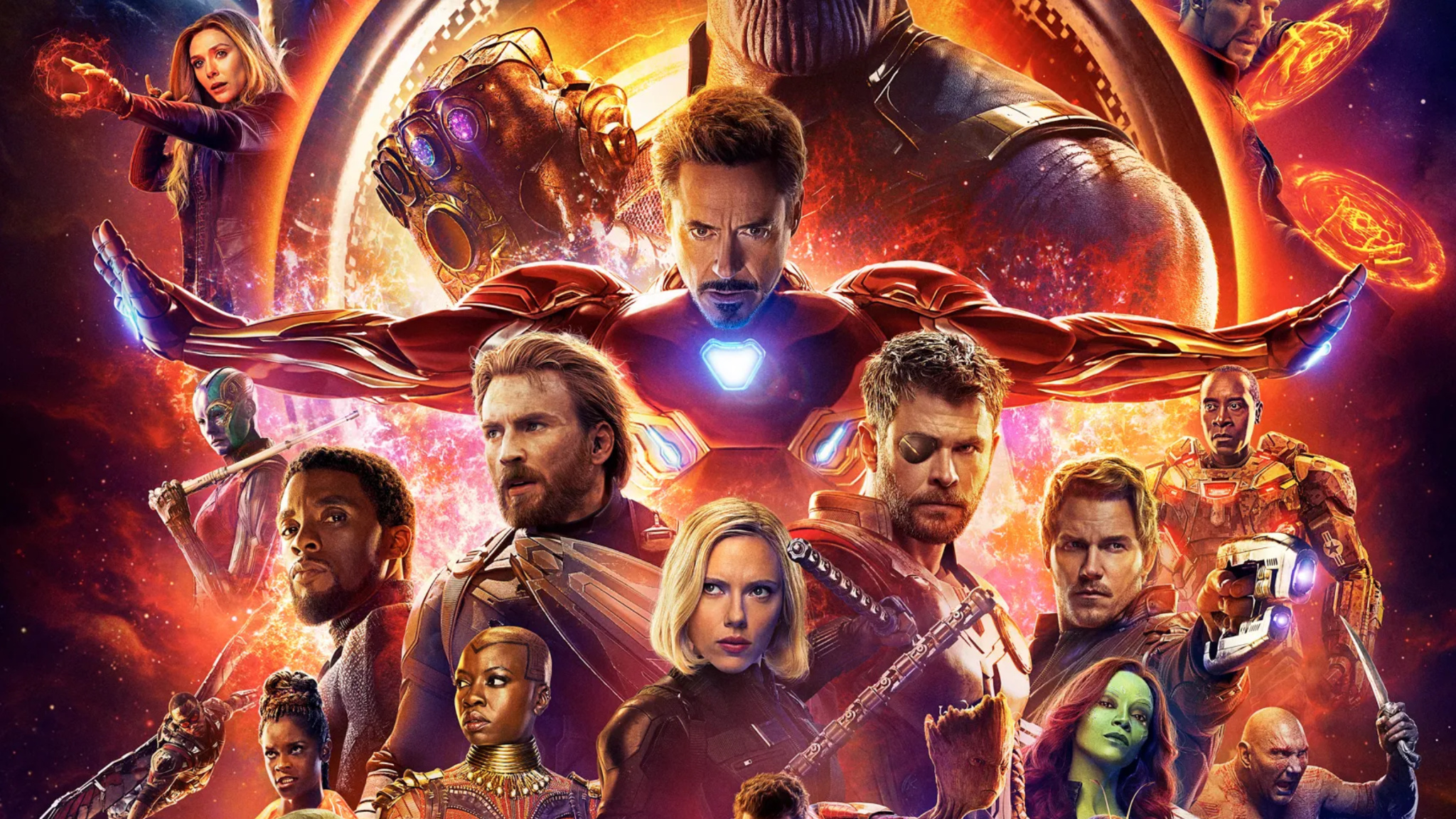
The Avengers took center stage in the Marvel Cinematic Universe, a development that wasn’t entirely unexpected. During Phase One of the MCU, the focus was on introducing each team member, culminating successfully in 2012’s “The Avengers” movie. This film was a massive hit and paved the way for numerous iconic Avengers characters, both heroes and villains, to make their big-screen debut. While the MCU has produced impressive adaptations of many Avengers characters, not all adaptations have been equally successful. Despite being the most cherished superhero cinematic universe, the MCU isn’t infallible when it comes to adaptation.
The Marvel Cinematic Universe (MCU) has unfortunately fallen short in faithfully portraying some iconic Avengers characters. Interestingly, despite this misstep, these characters managed to gain popularity, but several factors contributed to their underwhelming performance, notably when compared to the original source material and previous MCU presentations. Regrettably, these five Avengers characters have been significantly diminished within the MCU, tarnishing characters that had the potential for greater depth and impact.
Thanos
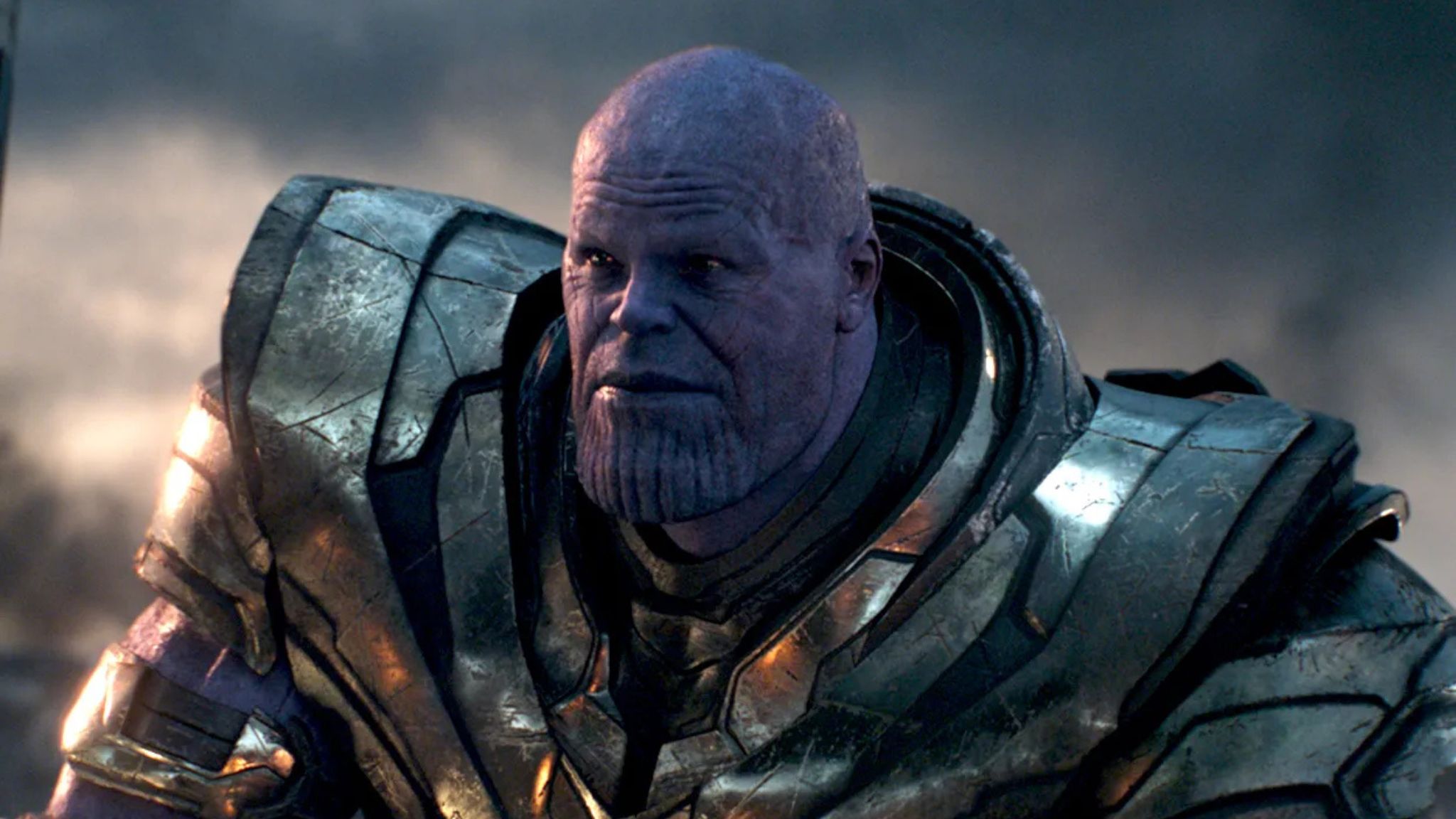
To clear the air straight away: The performance of Josh Brolin as Thanos in “Avengers: Infinity War” is exceptional and a significant factor in the film’s acclaimed status among Marvel Cinematic Universe (MCU) fans. Thanos is often seen as one of the most despised villains within the MCU, yet this dislike stems from the intense appreciation viewers have for every moment Thanos appears on screen. However, it doesn’t mean that the MCU has not altered the character of Thanos in some way.
Initially, let’s discuss the motivation behind Thanos’ actions in the movies, which involves him wiping out half of the universe. Thanos argues that by eliminating half of everything, he can supposedly save the universe. However, this idea is illogical at its core. Instead of employing the Stones to generate more resources, he chose a destructive path. Furthermore, his solution is merely temporary because the population will eventually return to its original size, jeopardizing all existence once again. But perhaps the most significant issue with Thanos’ actions lies in their impact on his character.
Fans of the Marvel Cinematic Universe often comment on Thanos’s love for Death in the comics as an illogical concept. Yet, this portrayal is symbolic; Thanos, being a nihilist, represents the idea that he holds no value for life. His affection for Death epitomizes the ultimate action of a nihilist. This comic book version of Thanos is more nuanced than his on-screen counterpart, who appears simplistic and somewhat unintelligent. In the comics, Thanos is a complex character with depth.
Ultron
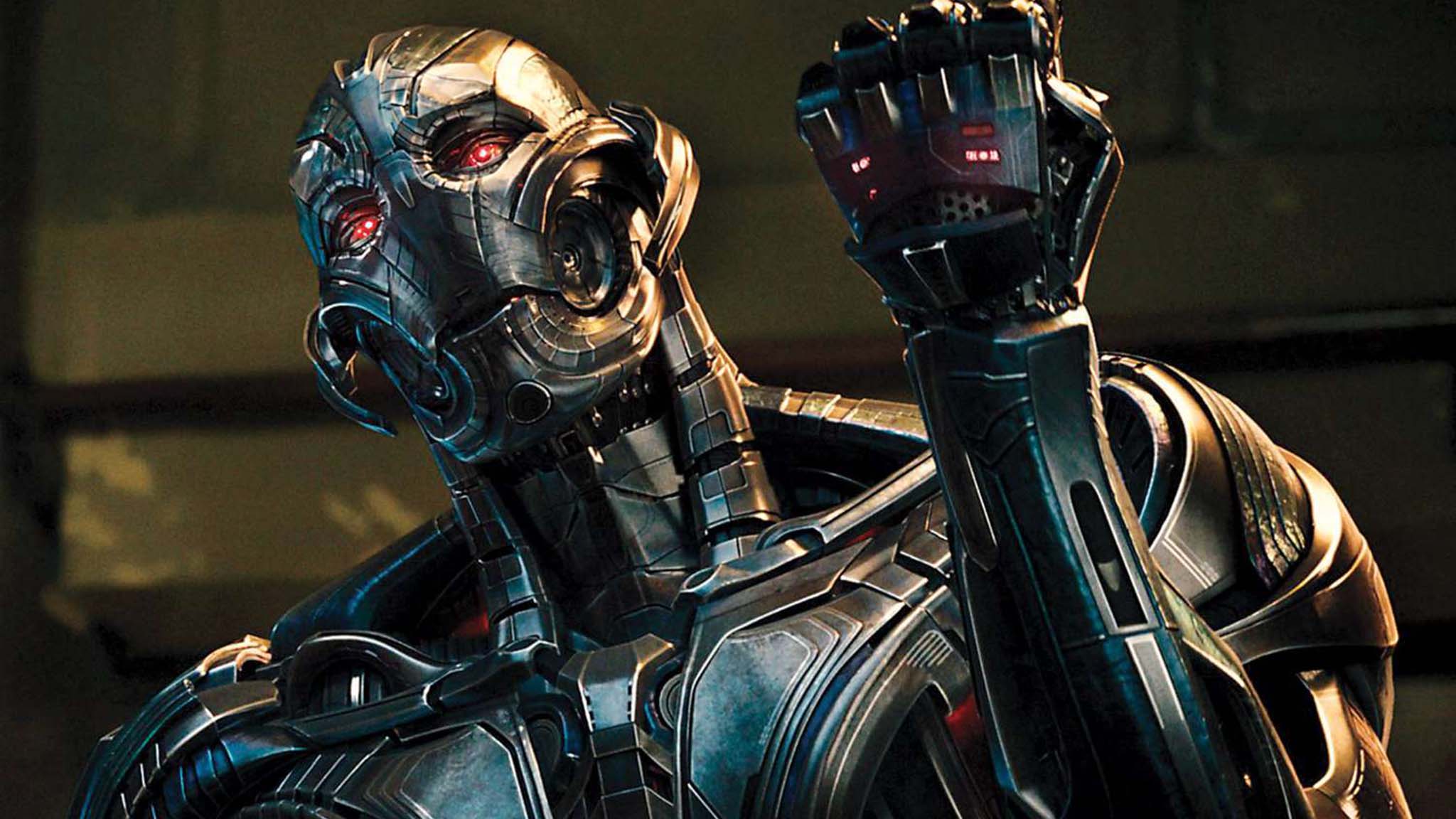
As a movie enthusiast, I must confess that for me, “Avengers: Age of Ultron” falls short compared to its predecessors in the Marvel Cinematic Universe (MCU). The main culprit behind this perceived weakness is none other than Ultron himself. In the grand scheme of the MCU, Ultron epitomizes the pitfalls of how Marvel Studios has adapted villains from their comic book roots.
In the comics, Ultron is a chilling, genocidal force. His animosity towards humanity is palpable and deeply rooted in his Oedipal grudge against his creator, Hank Pym. In many aspects, Ultron can be seen as a blood relative of sorts to the Avengers, making their conflict that much more poignant. Unlike other villains, Ultron never cracks a joke; he is relentlessly serious. To call him “inhuman” would be a testament to his ruthless nature. The Avengers were more terrified of Ultron than they were of Thanos, which truly speaks volumes about the character’s intimidating presence.
In essence, the MCU’s Ultron resembles Loki in an artificial form. Tom Hiddleston’s portrayal of Loki is captivating due to its wit and humor. The film “Avengers: Age of Ultron” aimed to fashion Ultron as a similar villain, making him amusing, clever, and humorous. However, the fear factor was missing from Ultron’s characterization. James Spader delivered an exceptional vocal performance, but he didn’t quite embody Ultron. Unfortunately, the MCU’s portrayal of Ultron omitted many elements that made him a formidable villain in the comics, diminishing his character. Here’s hoping that if Ultron reappears in the MCU, they will accurately depict the villain and make him the terrifying figure he was intended to be.
Baron Zemo
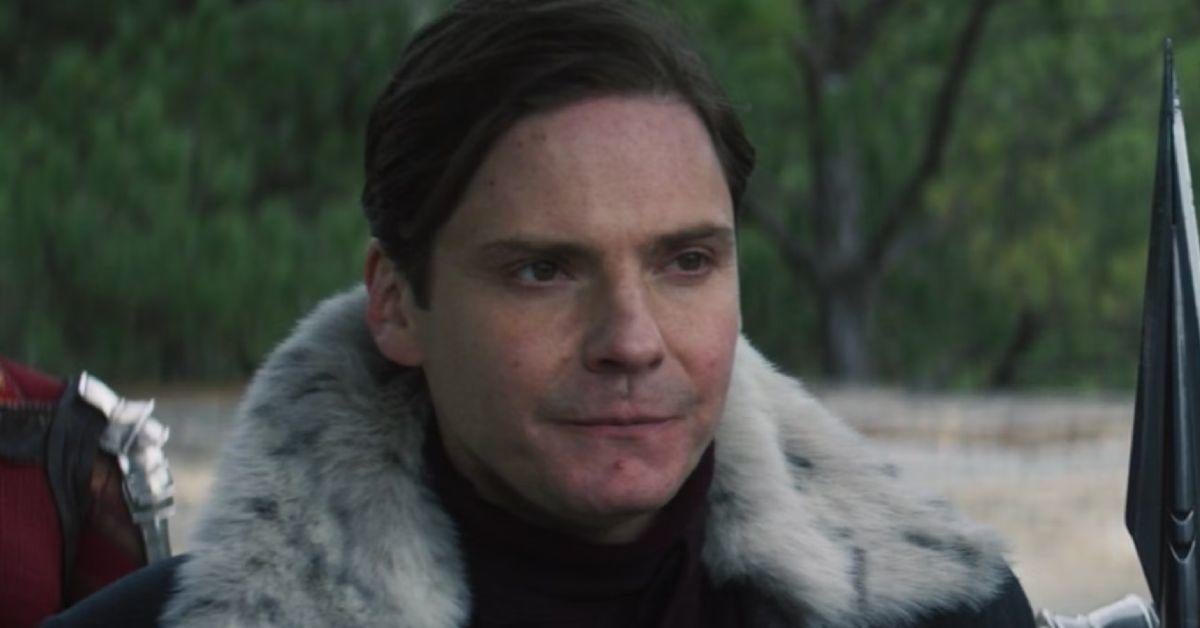
In essence, while Helmut Zemo didn’t technically appear in a standalone Avengers film within the MCU, he’s often considered an integral part of the Avengers universe due to his role as Baron Zemo in the comics. Some fans even refer to “Captain America: Civil War” as “Avengers 2.5.” However, many viewers found Zemo, played by Daniel Brühl, to be a letdown in this film, as he fell into tired tropes such as hating heroes due to family losses and lacked depth as a character. His portrayal in “Falcon and the Winter Soldier” was slightly improved with additional layers to his character, but it also made him seem more comical than menacing towards any superheroes.
In the comics, Baron Zemo is a well-worn yet captivating cliché of a villain: the classic evil Nazi legacy antagonist, but he stands out as an exceptional example of this trope. He’s renowned for his strategic acumen and physical prowess in hand-to-hand combat, often matching wits with Captain America. During Bucky’s tenure as Captain America, Zemo emerged as Bucky’s sworn enemy. The comic book version of Zemo had a unique brand of humor, unlike his counterpart in the Marvel Cinematic Universe (MCU). He was flamboyant and over-the-top, making him occasionally comical. However, he was never a joke character like MCU Zemo, which is an essential difference that sets him apart. This distinction highlights why the MCU’s Zemo isn’t as compelling a character.
Scarlet Witch
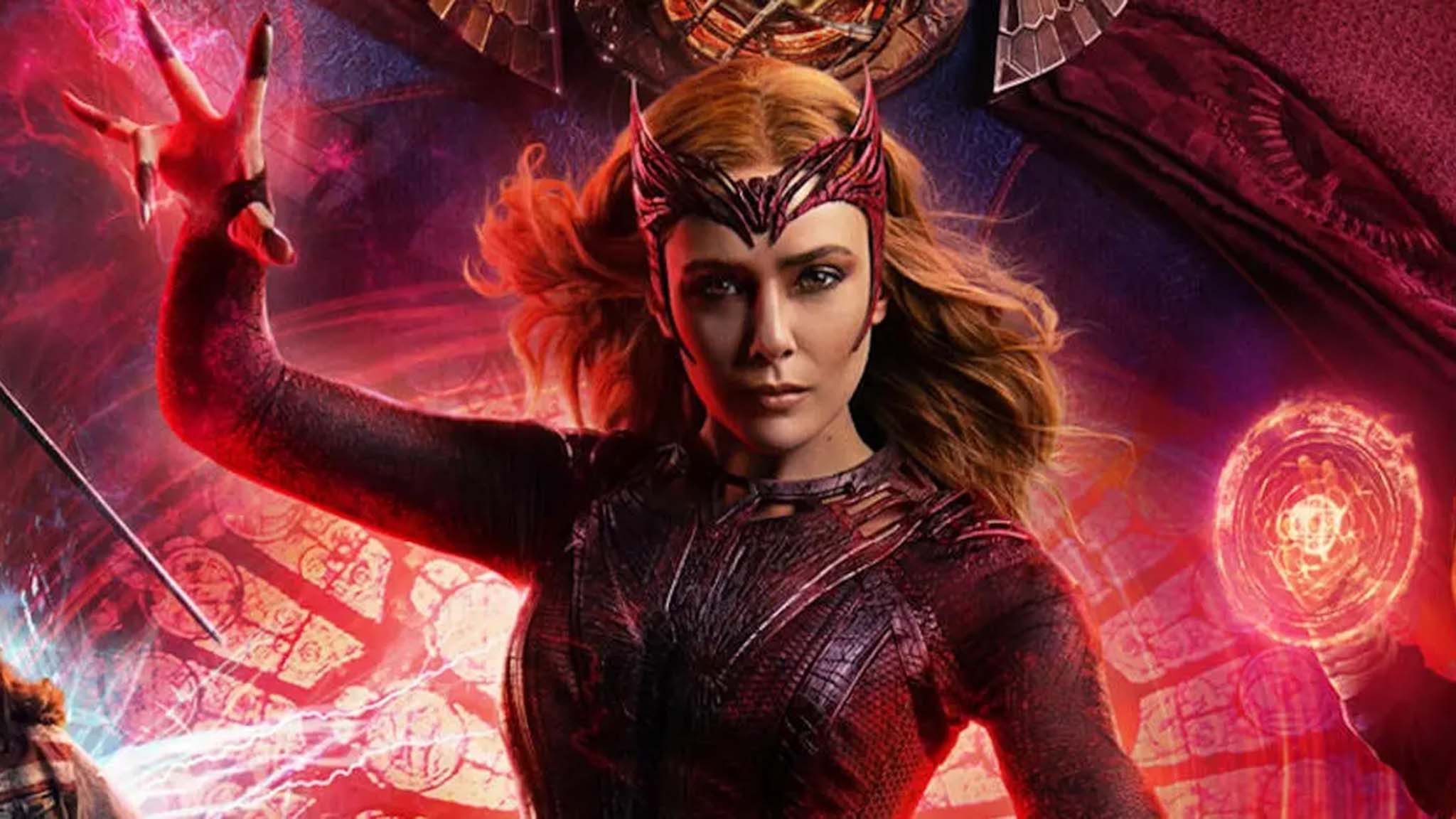
The character portrayed by Elizabeth Olsen as Scarlet Witch is particularly captivating. Known as Wanda Maximoff, she first appeared with her brother Quicksilver in the movie “Avengers: Age of Ultron” and has since become a cherished figure within the Marvel Cinematic Universe (MCU). Olsen’s performance has been outstanding, earning her much admiration from fans. However, some feel that since “Avengers: Endgame,” the character development for Wanda Maximoff hasn’t been as strong, leaving room for improvement in the narrative.
In many comic book adaptations, the character of Scarlet Witch experiences personal tragedy and turns to darkness. This has occurred multiple times in her comic book history, with varying results. Unfortunately, the portrayal of Scarlet Witch in shows like ‘WandaVision’ and ‘Doctor Strange in the Multiverse of Madness’ falls short. In ‘WandaVision’, Scarlet Witch is depicted as a monster, controlling an entire town to fulfill her desires, which border on torture. The show attempts to justify her actions, but it feels misplaced. In ‘Multiverse of Madness’, while Scarlet Witch is portrayed as evil, her character lacks depth compared to her counterpart in ‘WandaVision’. Despite the complex layers shown in ‘WandaVision’, ‘Multiverse of Madness’ discards this development and leaves a bitter taste for the character. Although fans yearn to see Scarlet Witch again in the MCU, it seems challenging to imagine a redemption arc for her given her actions. It’s worth noting that in the comics, Scarlet Witch has managed to come back from some truly horrific acts, but the actions of MCU Scarlet Witch seem irredeemable.
Black Widow
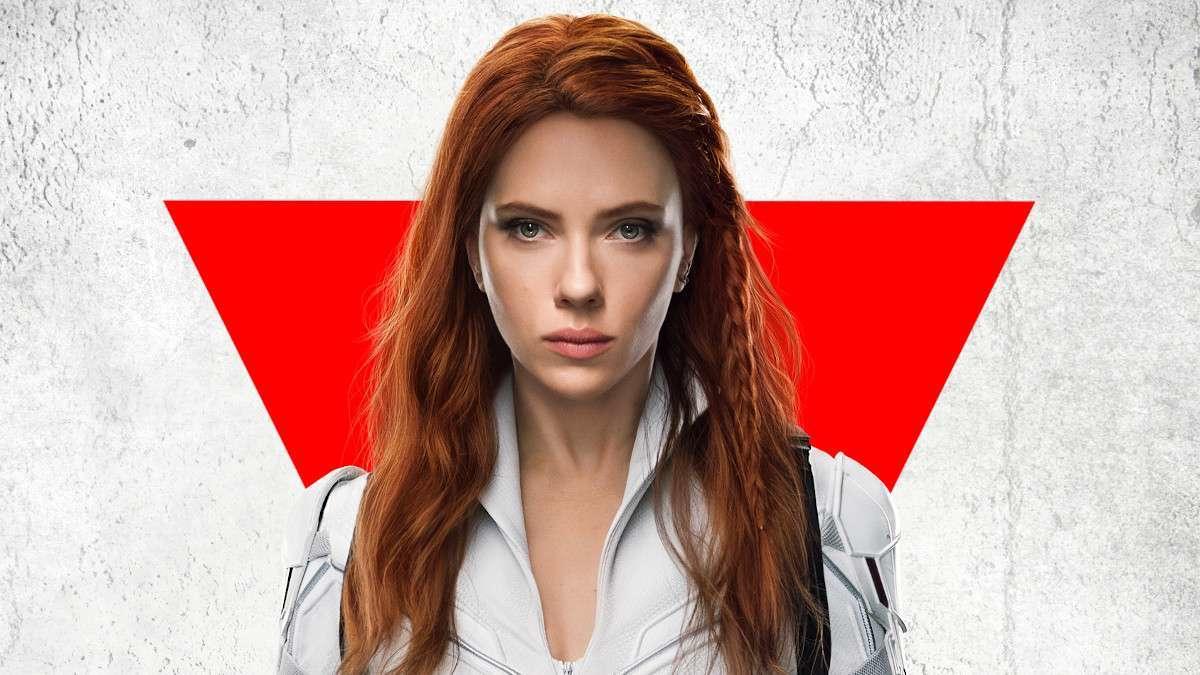
Scarlett Johansson’s portrayal of Black Widow was initially well-received by fans in Iron Man 2, and her character Natasha Romanov continued to be popular throughout the Marvel Cinematic Universe (MCU). The Avengers solidified her status as a beloved character. Her subsequent appearances in Captain America: Winter Soldier were also highly praised. It’s hard not to consider Black Widow one of the best MCU characters. However, opinions shifted slightly with Avengers: Age of Ultron. Some felt that Black Widow was given less focus, and her relationship with the Hulk seemed to overshadow other aspects of her character. The movie also included a scene that sparked much debate about her infertility, which some viewers found problematic due to its handling. While the concept isn’t inherently controversial, it’s the manner in which it was presented in the film that raised concerns.
The character of Black Widow, following the events of “Age of Ultron,” didn’t fully recover and the Marvel Cinematic Universe seemed to further diminish her. Her signature grit and wit were absent, with some exceptions like in “Avengers: Endgame.” Often, it appeared as though the writers had lost interest in her, leading to a sense of inconsistency. Unfortunately, they decided to end her life on screen. Black Widow’s demise was heartbreaking, yet unsurprising given her years of underdevelopment. A solo film for her was finally released posthumously, a production that had its moments but ultimately fell short of audience expectations, leaving many puzzled.
While it’s not entirely that the Marvel Cinematic Universe destroyed the comic book version of Black Widow; they arguably did towards the end, but it seems they had lost interest in the character beforehand. Marvel Studios excellently developed Black Widow into a standout figure in the MCU, making her decline even more disheartening. Let’s hope that Florence Pugh’s Yelena Belova, who has also begun on a promising note, won’t follow in Scarlett Johansson’s footsteps with Natasha.
Read More
- OM/USD
- Carmen Baldwin: My Parents? Just Folks in Z and Y
- Solo Leveling Season 3: What You NEED to Know!
- Jellyrolls Exits Disney’s Boardwalk: Another Icon Bites the Dust?
- Disney’s ‘Snow White’ Bombs at Box Office, Worse Than Expected
- Solo Leveling Season 3: What Fans Are Really Speculating!
- Despite Strong Criticism, Days Gone PS5 Is Climbing Up the PS Store Pre-Order Charts
- Jelly Roll’s 120-Lb. Weight Loss Leads to Unexpected Body Changes
- Joan Vassos Reveals Shocking Truth Behind Her NYC Apartment Hunt with Chock Chapple!
- Netflix’s Dungeons & Dragons Series: A Journey into the Forgotten Realms!
2025-02-07 03:13